

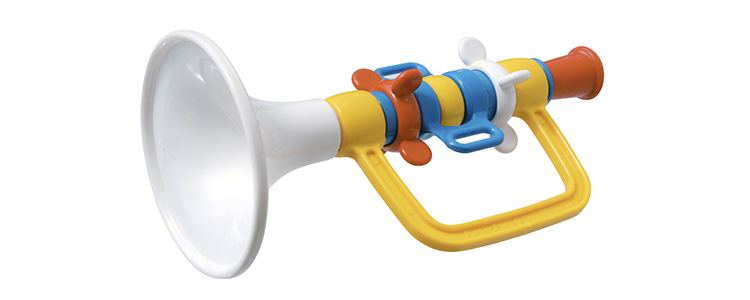
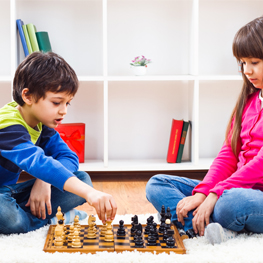
After-school activities are an essential and a fun way to round out your child’s overall educational experience. Integrate both structured and DIY activities that complement your child’s disposition, age and interests. “Students in these activities learn important social skills, are given the opportunity to meet a wider variety of peers and gain more confidence and self-esteem,” says Matt Johnson, a director of student services and athletics. Furthermore, involved kids are more motivated to do well academically.
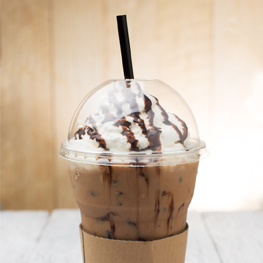
Nowadays, it’s trendy to hang out in coffee shops sipping not only coffee, but also a variety of coffee-related drinks from lattés to spiced tea drinks to frappy-iced-things of some kind or another. The names of these items can suggest something delicious and foreign, tempting every cell in our bodies to indulge. But amidst the complications of elaborate titles and ingredients lists that don’t exactly tell all, do people actually know what they’re getting, and more importantly, do they know what they’re feeding their children? Rory Hornstein, a Registered Dietitian in Calgary, says no, and points to caffeine as the first and most obvious demon on the list.
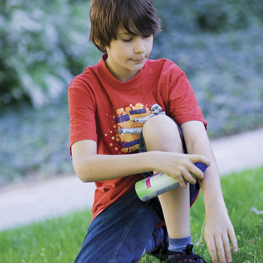
When thinking of summer, most of us picture sundrenched panoramas and enjoying time outside as a family swimming at the lake, paddling in the back yard pool or running through the front yard sprinkler. We smile as we remember our childhood summers filled with sunshine. Then suddenly our smiles fade away as we remember the dangers of sun and fear that someone in our family might develop skin cancer in their lifetime. So we slather on the sunscreen, avoid as much direct sunshine as we can manage and keep our skin as pale as possible all year round to keep our families safe. Except that now they’re telling us we’re low in Vitamin D (aka the sunshine vitamin) and that low levels of Vitamin D are linked with higher rates of cancer. Furthermore, some of the chemicals in conventional sunscreens are being linked with causing cancer. So what should we do?
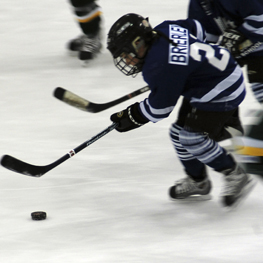
Having lived the hockey parent dream (or nightmare?), it was pretty obvious to both of us that our children’s repetitive hockey schedules, while enjoyable, were time consuming. As researchers, we decided to study this phenomenon and learn more about what coping strategies other parents used to balance both their hockey and work commitments. From our interviews, with over 50 hockey parents, here are four coping strategies that we discovered were used by parents that you can adopt that will help keep your life in good order - whether you are a hockey, dance or music parent.
Calgary’s Child Magazine © 2024 Calgary’s Child